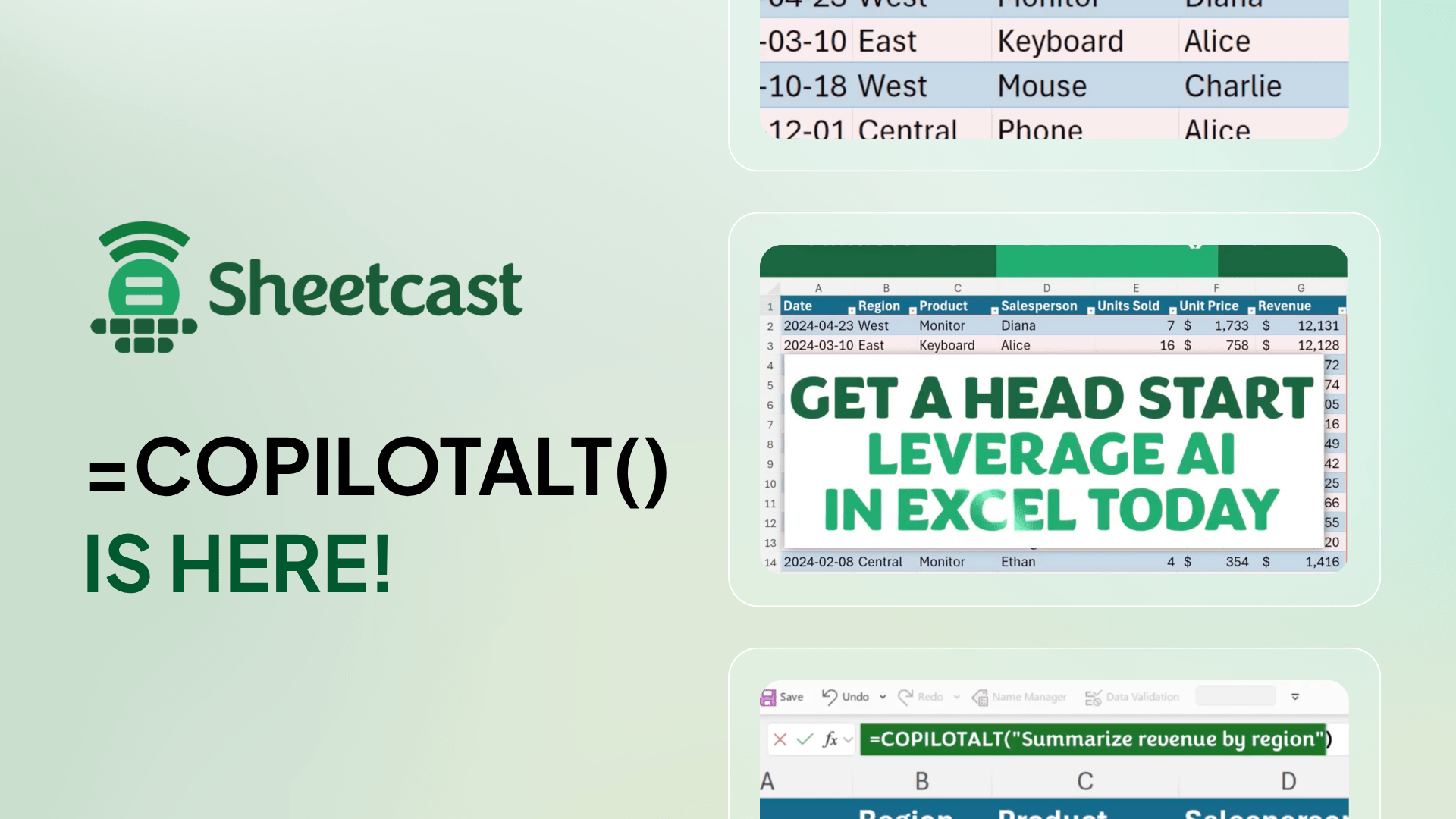
What is a beginner, intermediate, and advanced Excel user?
It's been a hotly disputed subject over the years due to the sheer subjectivity of the question.
For some, simply being able to construct a VLOOKUP formula, apply conditional formatting, and generate a few charts makes you an advanced user.
In others' eyes, that's the definition of an outright beginner. They demand you write 200-line LAMBDA formulas, build full-scale VBA projects, apply complex transformations in Power Query, and model data in Power Pivot before you 𝘥𝘢𝘳𝘦 place yourself amongst the elite.
However, with no arbiter deciding the criteria one must fulfil, it really does come down to individual interpretation.
Greek philosopher and polymath Aristotle is famous for saying: "The more you know, the more you know you don't know."
This couldn't be more true for Excel.
Cast your mind back to when you began your spreadsheet journey, and compare then to now. You thought you were better than you were, didn't you?
Ability isn't always reflective of experience. An office administrator might have used Excel daily for decades, but due to the nature of their job, has never needed to venture into the more advanced zone.
In contrast, a fledgling data analyst is likely to be exposed to much more in a considerably shorter period, making them more competent.
Regardless, some don't believe knowing every feature and function in the book means anything. It's the application of knowledge that matters most and how you harness the program's power to deliver the best results for your employer.
It's time for some honesty…which category do you consider yourself to be in (beginner/intermediate/advanced), and why?

Latest Articles
.png)
Sheetcast - A Natural Evolution for People Who Love Excel
.png)
How to Build Your First AI Agent in Excel

Leap into Excel’s AI revolution with COPILOTALT by Sheetcast
One week, two premier events
Join the European Excel Week - from learning and mastering new skills at Global Excel Summit to elite performance at the Excel Esports European Open.




.avif)